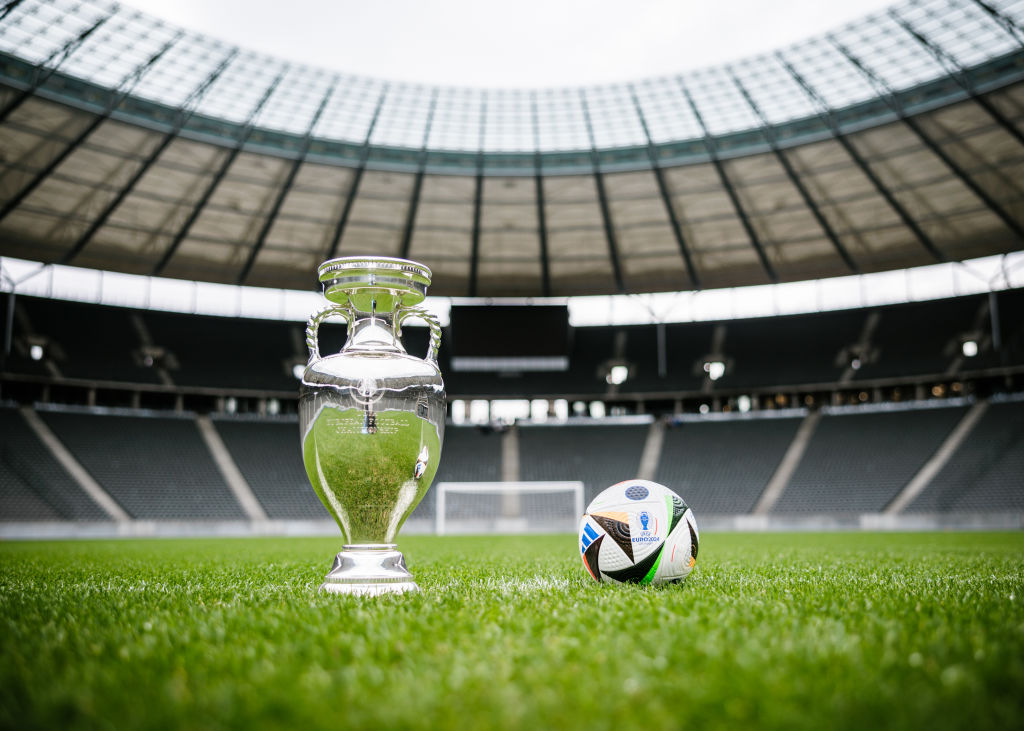
is taking place in this summer, with some of the finest players and teams on the continent set to do battle in their quest to be .
And the stars of the show, such as , will certainly be given the stage to showcase their talent, with ten of the finest stadiums that Germany has to offer selected to host games .
The iconic Olympiastadion in Berlin is on the list, and so too is Bayern Munich’s Allianz Arena and Borussia Dortmund’s Signal Iduna Park.
Germany is no stranger to hosting major international tournaments, having held the World Cup as recently as 2006, with several of the stadiums used almost 18 years ago set to feature once again.
Olympiastadion – Berlin
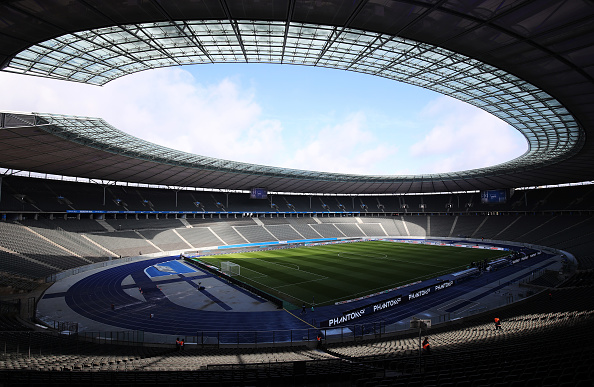
Capacity: 71,000
Home team: Hertha Berlin
The Olympiastadion is the largest venue in use at Euro 2024, and will stage the final on July 14.
Originally built for the 1936 Olympics, the ground played host to the 2006 World Cup final between Italy and France.
RheinEnergieStadion – Cologne
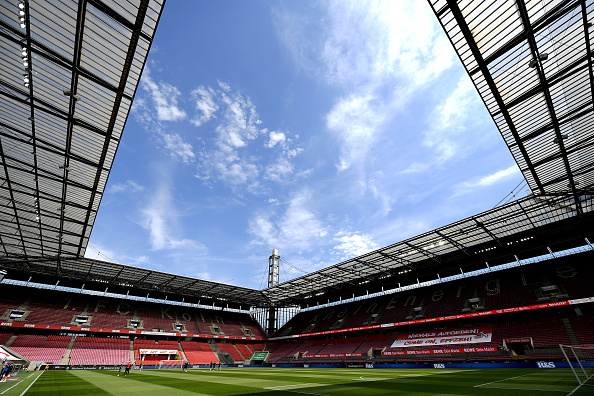
Capacity: 43,000
Home team: Cologne
A stadium has existed on this spot since 1923, but the current iteration was constructed ahead of the 2006 World Cup.
The ground, which hosted England’s group stage draw with Sweden in that tournament, will see its involvement at Euro 204 culminate with a Round of 16 tie.
Signal Iduna Park – Dortmund
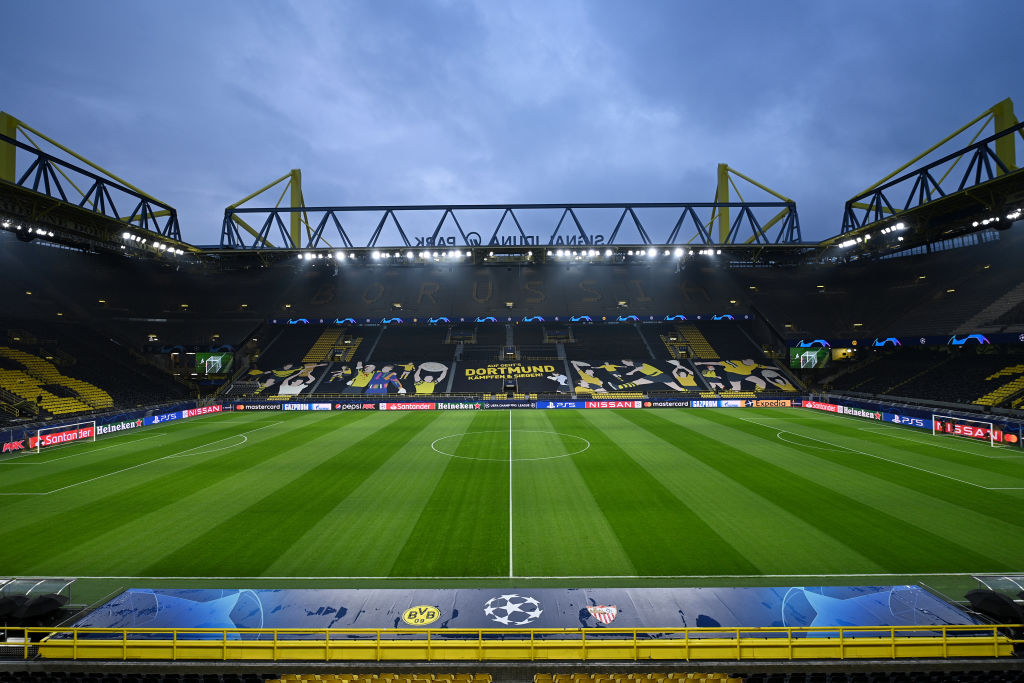
Capacity: 62,000
Home team: Borussia Dortmund
Dortmund’s home is famed for its incredible atmosphere, featuring the iconic ‘Yellow Wall’ which houses 24,454 behind one of the goals.
Signal Iduna Park, which was built for the 1974 World Cup, will host six games at Euro 2024, including one semi-final.
Merkur Spiel-arena – Dusseldorf
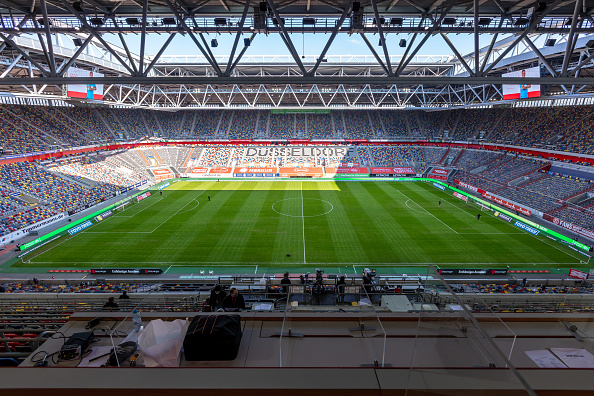
Capacity: 47,000
Home team: Fortuna Dusseldorf
Fortuna Dusseldorf, who currently reside in the second tier of German football, moved into the stadium situated on the river Rhine in 2004 – complete with a retractable roof.
Euro 2024 will mark the first time that the stadium is used at a major tournament, although it is no stranger to international events having hosted Eurovision in 2011 as well as the likes of the Rolling Stones, Madonna and Beyonce.
Deutsche Bank Park – Frankfurt
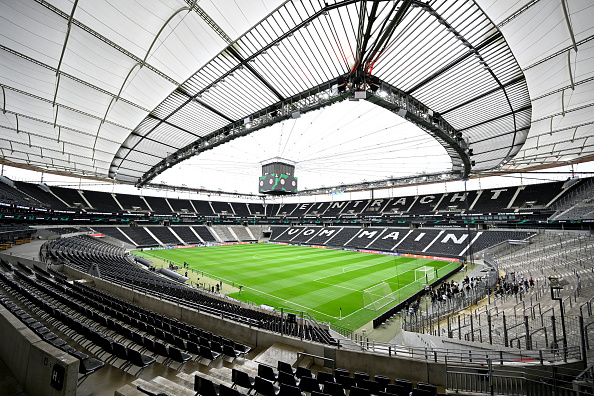
Capacity: 47,000
Home team: Eintracht Frankfurt
The stadium, which is approaching its 100th anniversary and will host one Round of 16 game at Euro 2024, is built on a former military shooting range.
It hosted its first NFL games in 2023, whilst Muhammad Ali claimed the World Heavyweight title against Karl Mildenberger there back in 1966.
Veltins-Arena – Gelsenkirchen
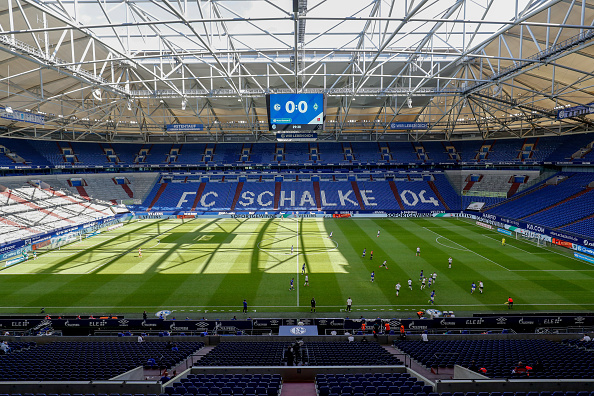
Capacity: 50,000
Home team: Schalke
Veltins-Arena opened in 2001, featuring a retractable pitch which allows for the grass to be grown in more natural conditions.
The stadium played host to England’s agonising World Cup 2006 quarter-final defeat to Portugal on penalties, which saw Wayne Rooney sent off for a stamp on Ricardo Carvalho – sparking one of the most famous winks in football history from a certain Cristiano Ronaldo.
Volksparkstadion – Hamburg
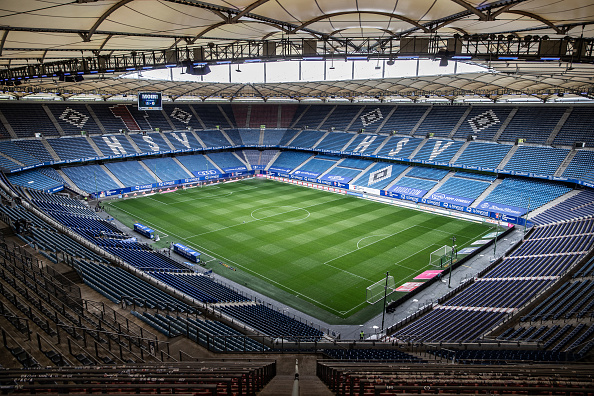
Capacity: 49,000
Home team: Hamburg SV
Hamburg’s stadium was opened at the turn of the millennium and was built from materials that were recovered from a region of the city which was bombed during the Second World War.
One quarter-final game will be staged at the stadium, which has hosted Ukrainian side Shakhtar Donetsk’s Champions League fixtures this season.
Red Bull Arena – Leipzig
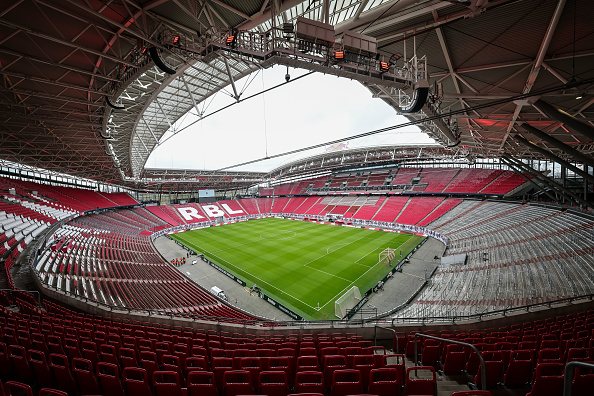
Capacity: 40,000
Home team: RB Leipzig
Having opened in 2004, the Red Bull Arena is the biggest stadium in former East Germany and has been home to RB Leipzig since 2010.
Five games at the 2006 World Cup were contested at the stadium, which will host one Round of 16 game as part of its Euro 2024 schedule.
Allianz Arena – Munich
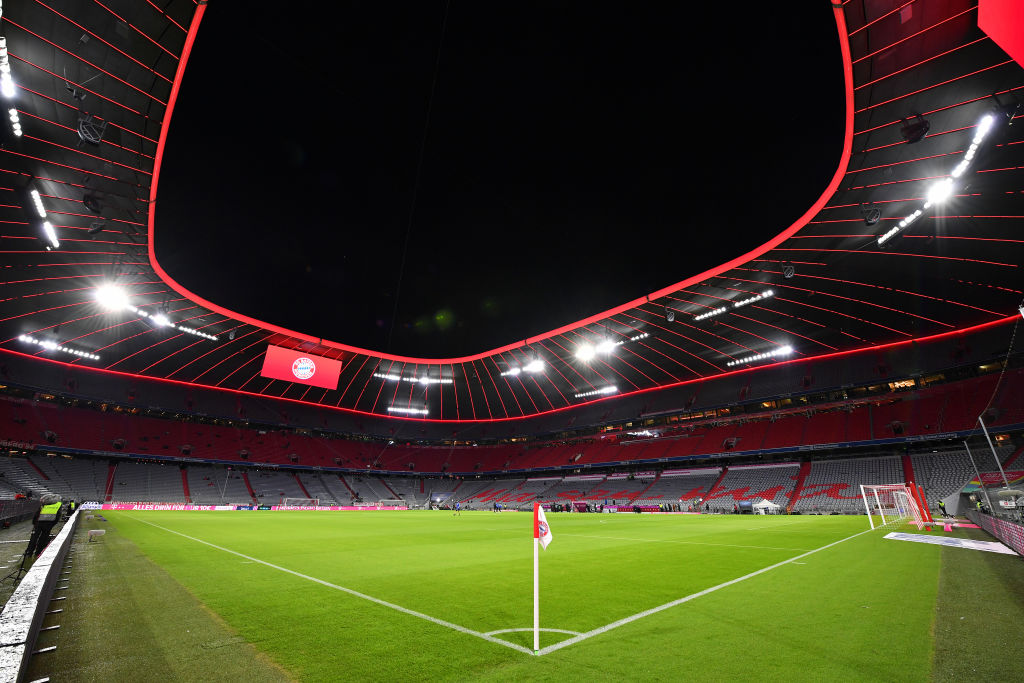
Capacity: 66,000
Home team: Bayern Munich
Bayern’s home opened in 2005, becoming the first stadium in the world to have an outer shell which can completely change colour.
The Allianz Arena will be the venue for the opening game of the tournament between Germany and Scotland and will also host one of the semi-finals.
MHPArena – Stuttgart
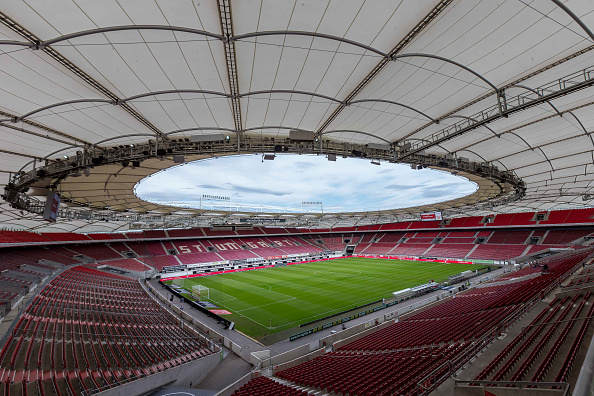
Capacity: 51,000
Home team: Stuttgart
Built in 1933, Stuttgart’s charming home has staged two European finals in its history, in 1959 and 1988, as well as the 1993 World Athletics Championships.
It was the scene as England beat Ecuador in their Round of 16 clash at the 2006 World Cup, with one quarter-final game at Euro 2024 set to be held there as one of its five games.
, . , and .




















